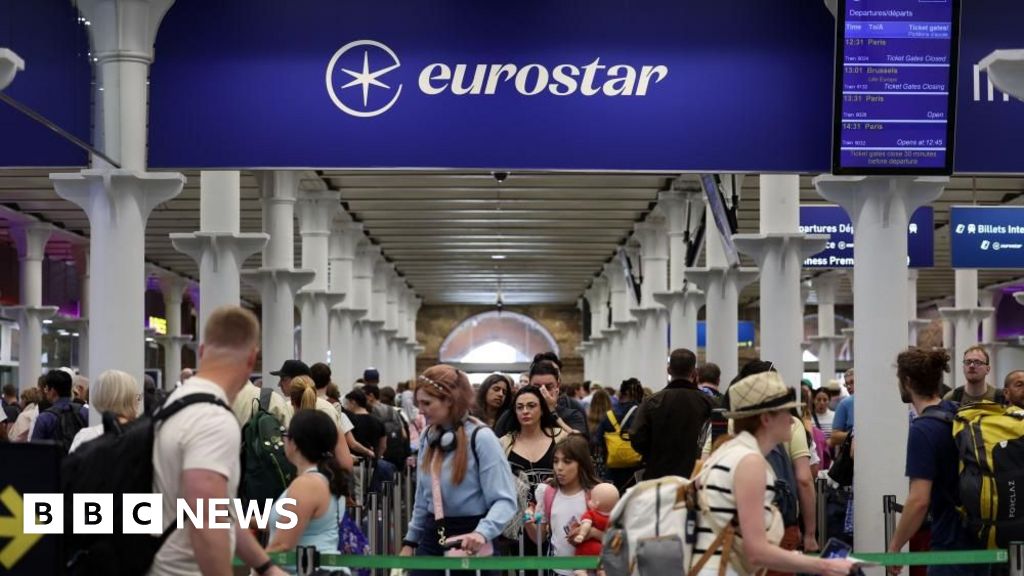Bussiness
Global coffee prices surging amid supply concerns

Since the start of the year, coffee prices have been rising at an alarming rate, increasing by over 30% in the last three months alone.
In fact, the commodity’s price has been on an increasing trend for an extended period of time, rising by a staggering 62.96% since November 2023.
In turn, the rise in coffee prices has caused a notable increase in the cost of a range of products, with coffee chains and producers passing rising costs onto consumers.
For instance, shops in London have now started charging customers more than £5 for a takeaway coffee*.
Kanica Goel (she/her), senior analyst at The Smart Cube, comments on what has caused coffee prices to rise sharply in recent months, as well as the commodity’s market outlook in the coming months.
Goel said, “The primary factor driving this price hike is supply concerns in the key coffee producing regions – Brazil and Vietnam – which together account for 55% and 50% of global coffee production and exports, respectively.
“In March 2024, Brazil’s Minas Gerais region, which accounts for roughly 30% of the country’s arabica crop, received 235% higher rainfall compared to the historical average during the period. Subsequently, in April 2024, the region received no rainfall and is likely to witness dryness in May as well; this will likely damage coffee crops in the country.
“In Vietnam – the world’s largest producer of robusta coffee beans – drought conditions could lead to a 20% year-over-year (YoY) drop in coffee production in the marketing year 2023/24 (October 2023 – September 2024), resulting in the smallest crop in the last four years.
“Additionally, low inventories in Q4 2023 and Q1 2024 also exerted upwards pressure on prices. On 21st February, robusta coffee inventories fell to a record low of 1,958 lots and arabica coffee inventories fell to a 24-year low of 224,066 bags as of 30th November.
“Port congestions, shipping delays and geopolitical unrest further aggravated supply concerns supporting the price hike. What’s more, ongoing supply apprehension arising from the excessive dryness in Brazil and Southeast Asia is prompting investors and traders to increase short coverings, which might keep prices elevated in the next one-two months.”









